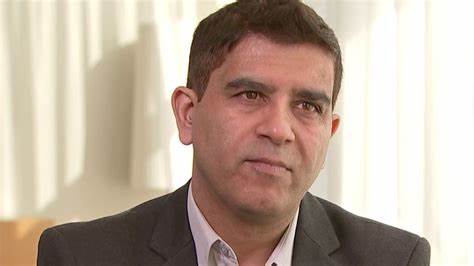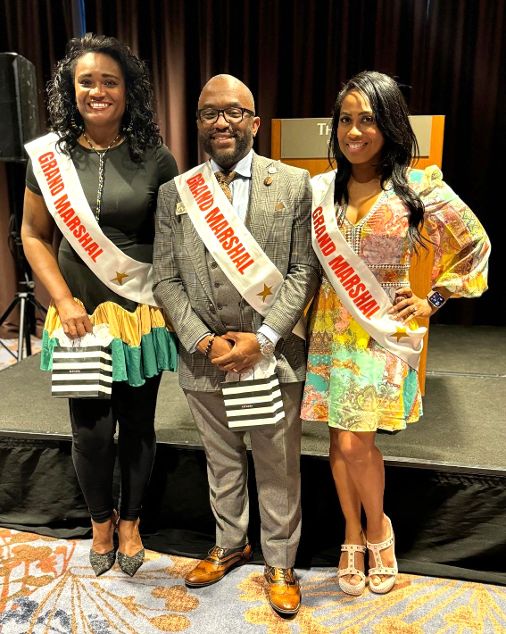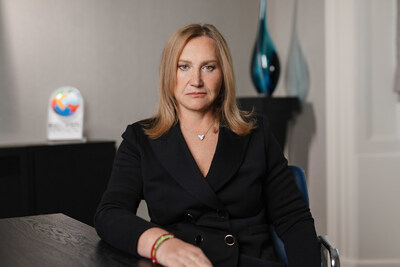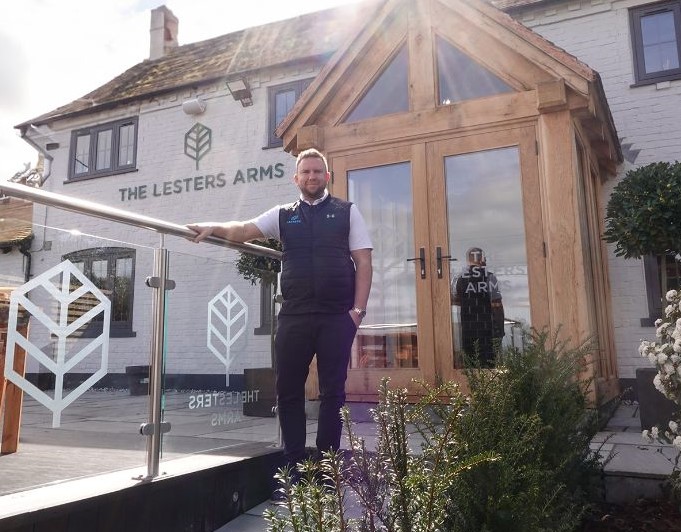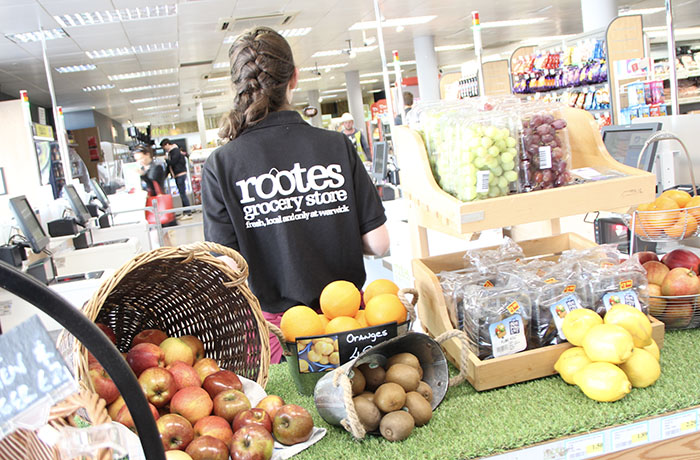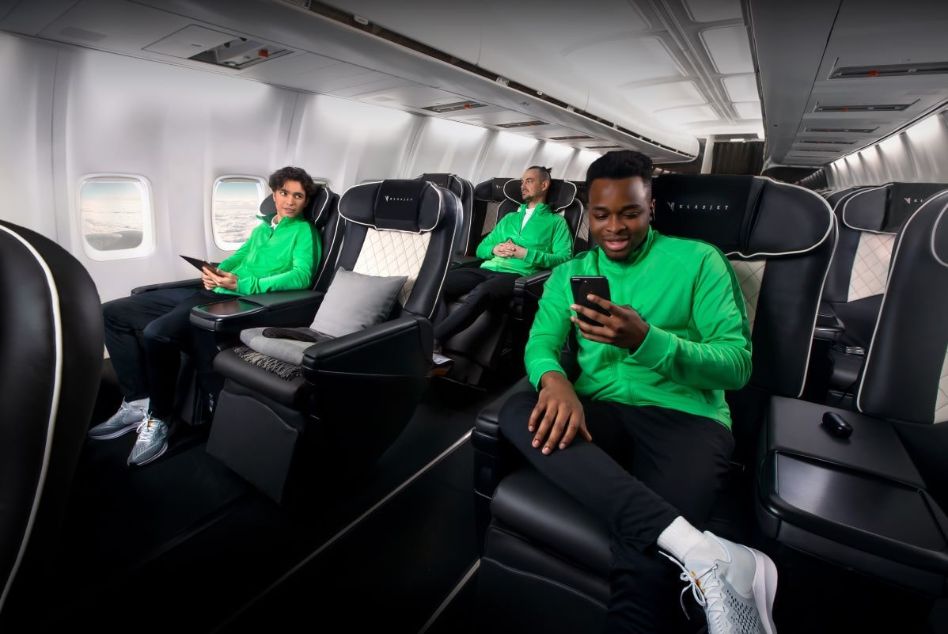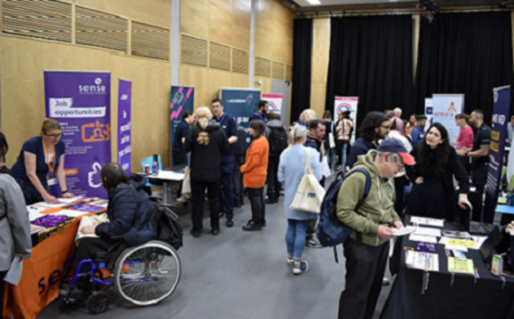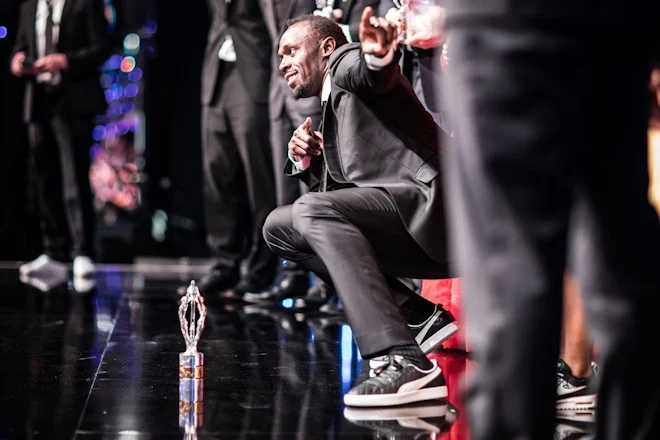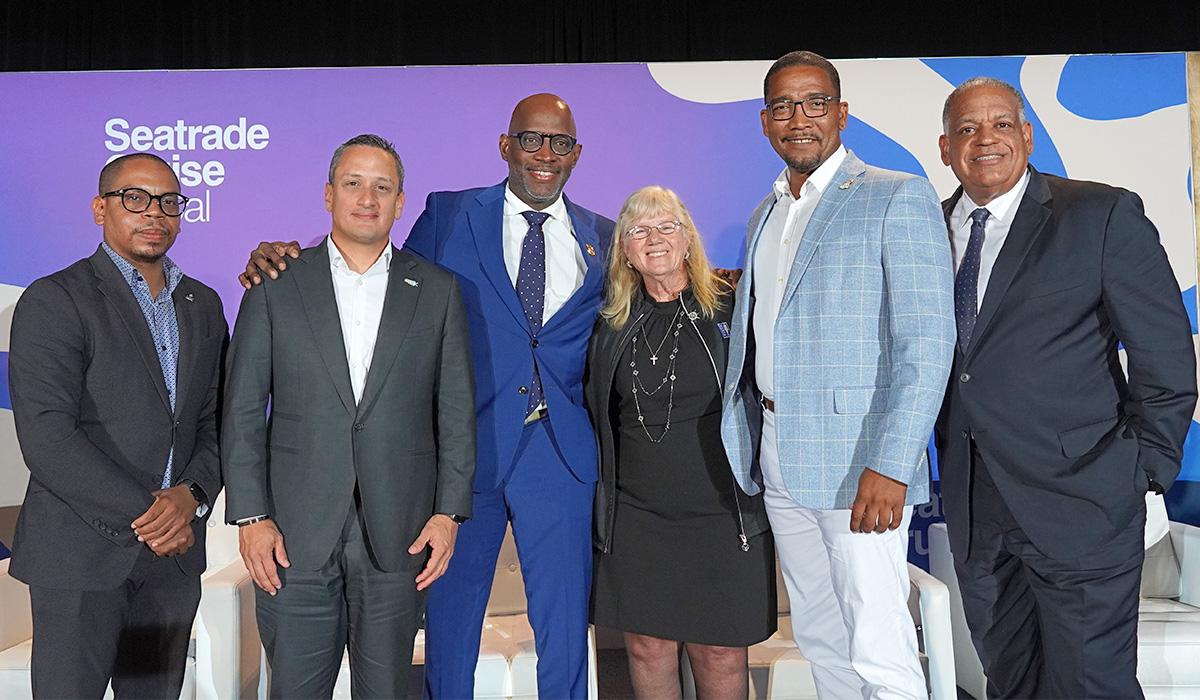Following the close of London Fashion Week on Tuesday, the leading voice for people living with the late effects of Polio and Post Polio Syndrome in the UK is calling for the fashion industry to diversify after the London event failed to hire even a single disabled model. Accessibility champion, The British Polio Fellowship said the event needed to recognise that fashion is a universal interest that both able and differently able bodied people can relate to.
"Fashion is universal and in the 21st century it's not just the shops themselves that need to be accessible, but the trends within them also have to be relatable for the 10million people in the UK living with a disability," said Ted Hill MBE, CEO of The British Polio Fellowship. "It's on the industry as a whole to exhibit that these latest trends aren't just for able bodied people, but also that they can be pulled off by people with a range of disabilities and people that are wheelchair bound."
Many expected London Fashion Week to follow its US counterpart's lead with New York Fashion Week displayed a range of trends on both able and disabled models and the event also made history by being the first fashion show to use a model with Down's Syndrome. Ted Hill believes the example set by New York has paved the way for more diversity in the fashion industry but London missed a golden opportunity to continue the progress.
"The fact that New York used differently able models shows that the mind-set in the industry is slowly becoming more diverse, but with Great Britain being one of the leading countries when it comes to accessibility our leading fashion show didn't reflect that," said Ted. "People living with disabilities cover a strong demographic in not just this country, but across the globe and when you don't have any disabled models at the top fashion shows then you're clearly under representing a large cross section of people."
The British Polio Fellowship have become a strong voice for accessible fashion and in June 2014 they made waves when they played their part in designing the first dress that fully incorporated the wheelchair, which charity ambassador and Paralympian Anne Wafula-Strike MBE modelled at Euston Station. The charity also worked closely with disability fashion specialist Izzy Camilleri in designing their ambassador's dress for her investiture at Buckingham Palace when she received her MBE.
The charity is the leading voice in the UK for people living with the late effects of Polio and PPS, a debilitating neurological condition that affects 80% of people who have had Polio later in life in the form of a sever reduction in stamina, cold intolerance and increased pain in previously affected and unaffected muscles. As a result of both Polio itself and PPS many of the charities members now live with mobility issues with the charity continuing to offer them a voice.
Ted Hill's calls for the fashion industry to diversify come after he told the British tourism industry to "ramp up its accessibility" in August 2014 following a study which showed many of the country's top venues were wheelchair inaccessible. The charity, originally known as the Infantile Paralysis Association when it was founded in 1939, was one of Britain's first to focus on disabilities, and now with many of their members once again living with a legacy of immobility as a result of Polio their focus on accessibility is as important as ever.
"We have a duty to our members, many of whom are wheelchair bound or live with a severe reduction in mobility and it's important that they are fairly represented in society," concluded Ted. "We will continue to campaign for improved mobility on their behalf and hope that disabled people will one day benefit from a fully accessible Britain."



